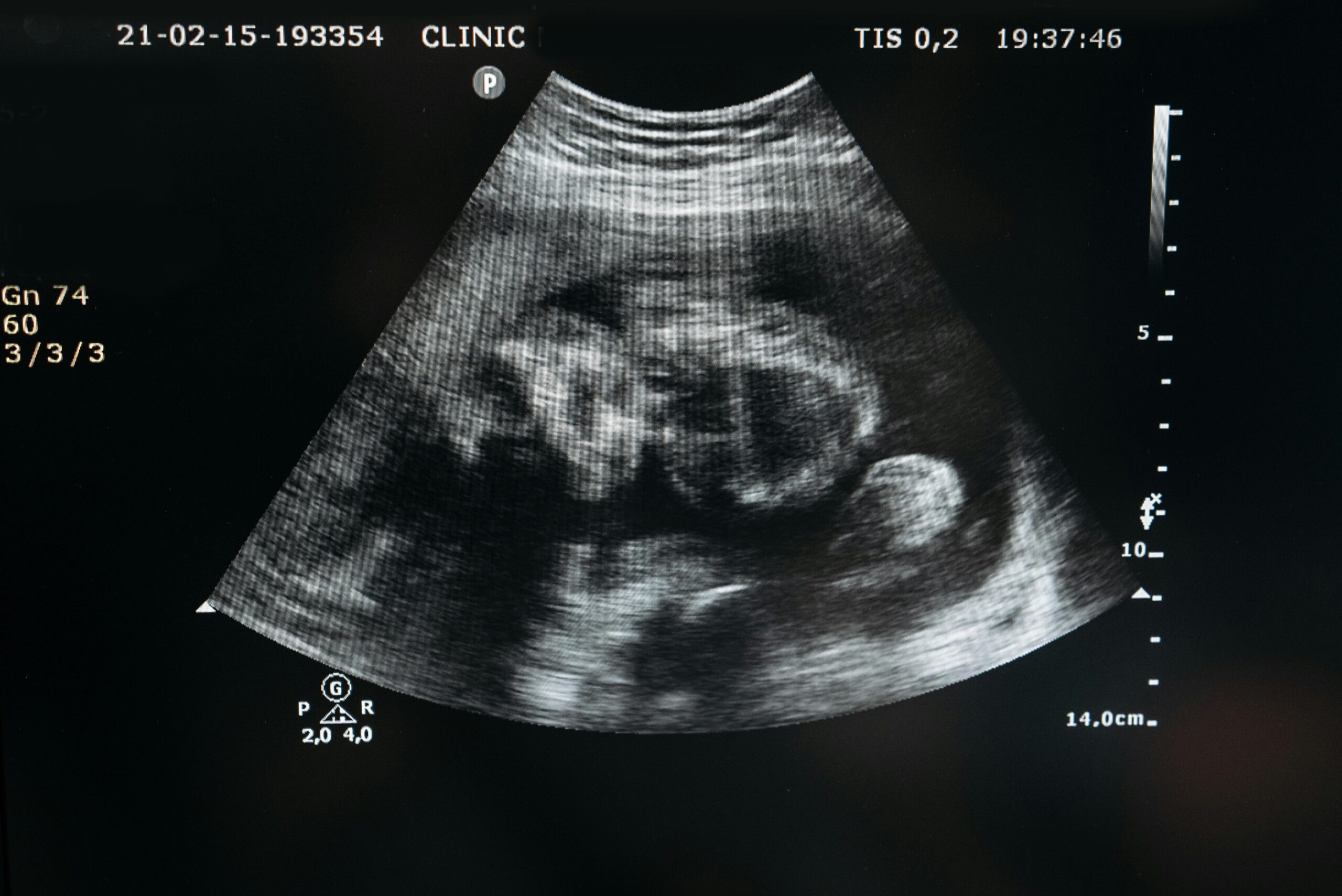By Diana Wanyonyi
Mombasa, Kenya: Lack of access to ultrasound imaging has been cited as one of the challenges facing pregnant women in Kenya.This was revealed during the 49th Kenya Obstetrical and Gynecological Society -KOGS recently held in Mombasa.
According to the KOGS President ,. Kireki Omanwa, the congress theme has been collaborative partnerships for maternal health, “this is important because without mothers there is nothing that can happen and we are not doing well as a country when it comes to maternal health, I would just want to remind us that reproductive health is the only aspect of health that is captured in the constitution in Article 43. We are here to talk about how we can provide quality care to our mothers”.
Maternal deaths are a worrying aspect that has caught the attention of health experts. “We are losing a lot of mothers because of different reasons, some of the reasons are excessive bleeding after delivery, some of our mothers are dying because of hypertensive disorders in pregnancy when the blood pressure is high when they are expecting their babies, others die because of Sepsis that is infection when they are either pregnant or they are delivering, others are post-abortion complications and obstructed labor.” Said, Dr. Omanwa.
He added that there is a need for pregnant mothers to do routine testing including blood group determinations and regular blood level assessments and also do ultrasound to detect maternal complications.

The discussion on the national integration of Point-of-Care Ultrasound (POCUS) into routine antenatal screening in Kenya highlighted the important role of addressing maternal health challenges in women. With advancements in medical imaging, POCUS empowers non-specialist clinicians to conduct comprehensive screenings for gestational age, fetal viability, placental location abnormalities, fetal presentation, and multiple gestations. The introduction of AI-enabled POCUS devices has further enhanced precision, enabling early identification of high-risk pregnancies. However, to fully maximize POCUS benefits, early management and timely referral for specialized care remain crucial.
Access to ultrasound imaging by pregnant mothers remains a big challenge with most of them lacking or missing these essential services.
Dr. James Amenge, an obstetrician at the Kenyatta National Hospital in Nairobi, echoed the importance of integrating ultrasound services into primary care so that every woman can benefit from imaging services and early detection.
“A pregnant woman within the period of nine months, really wants to know how her baby is doing before the time of delivery happens, and because we had a few challenges in getting access to the Ultrasound is the basic imaging we’ve had, not every woman has been able to have that access. We are looking at how revolutionary, we can consider bringing this Ultrasound in a model that is accessible and appreciable by the woman in the nearest health facility by the primary health caregiver.
He added that this technology will help in saving lives and ensuring that the mother is taken care of urgently when medical complications are detected by the Ultrasound. “It will really make a difference if you are able to identify those pregnant women who have difficulty in their pregnancy whether to do with the baby in their growth, whether how presenting in the lowest part of whether it is in terms of how much of that water is surrounding the baby or the position of the placenta. So that concept helps us to identify who is at risk of the bad outcomes from that pregnancy and delivery and we can therefore provide the right referral systems.”
The Center for Public Health and Development founder (CPHD) and public health advocate Dr. Bernard Olayo said that maternal and neonatal death in Kenya can be preventable, with the deployment of skills appropriately, urging that there is a need to equip healthcare providers with AI-enhanced point-of-care ultrasound devices for early identification of mothers who their pregnancies are at risk.
“The number of Kenyan women and newborns that are dying today is a bit unfortunate because the knowledge and skills that we have if deployed appropriately can help to solve those lives, there are no maternal deaths in Kenya today that I would say it’s not preventable, they are all preventable. Therefore having a point-of-care Ultrasound particularly the AI-enabled Point-of-Care Ultrasound (POCUS) will help us a lot because we will have many frontline soldiers, it’s basically like having your frontline soldiers with the necessary skills to help us identify very early on which woman is likely to experience a complication or a bad outcome and therefore we triage them in their appropriate way to manage them properly”. He said.
Dr. Jeanne Patrick, from the Ministry of Health said the ministry in partnership with multiple stakeholders and manufacturers are aiming to make Ultrasound machines available and affordable across the country. all regions. already the ministry has already developed national guidelines on the use of the Ultrasound .
The annual workshop brought together over 700 delegates from India, Uganda, Kenya, Denmark, South Africa, and Tanzania.














